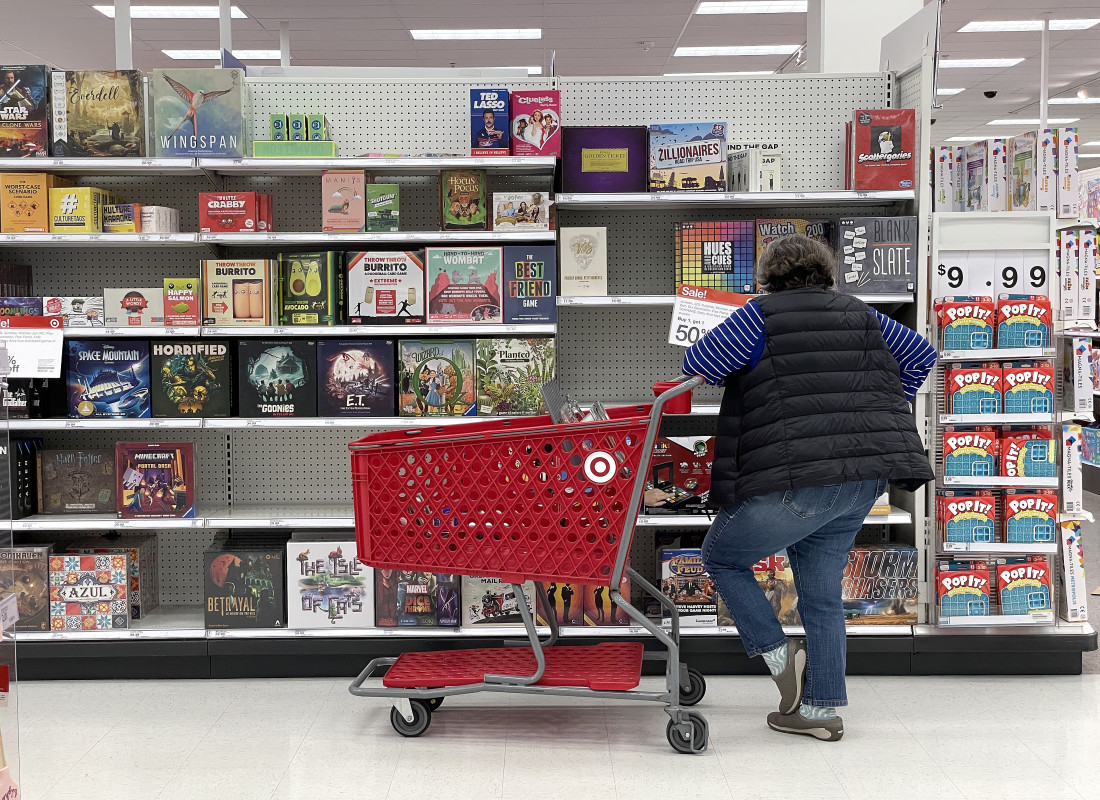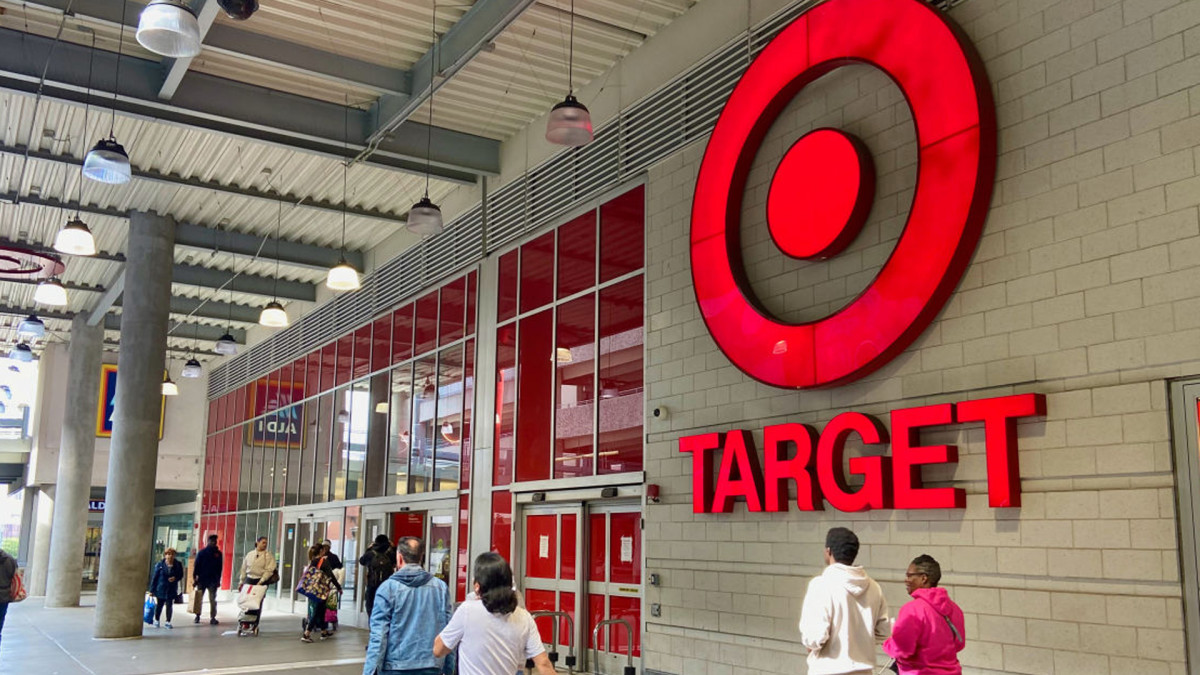
Target (TGT) s has been in a slump over the past few years due to it facing a plethora of unexpected challenges in its stores.
Last year, Target sounded the alarm on rising retail theft in its stores nationwide, forcing it to close nine locations in four states. The retailer was also hit with a massive boycott from consumers last summer for marketing its pride collection toward children, which put a major dent in its sales.
🎁 Buy 1 Year and Get 1 Year FREE on TheStreet Pro. Act now before it's gone ⏰
In addition, Target has noticed that its customers have recently been pulling back on their spending even after it cut prices on thousands of items this year. Target claimed that the change in customer behavior is due to the current economic environment.
Related: Target flags startling customer behavior ahead of holidays
“Consumers tell us their budgets remain stretched, and they're shopping carefully as they work to overcome the cumulative impact of multiple years of price inflation,” said Target CEO Brian Cornell during an earnings call in November.
As sales continue to remain weak, Target recently opted to boost its advertising amid a bustling holiday season in an attempt to attract shoppers back into its stores, according to a new report from Reuters.
Target shifts gears on its strategy
Data from Sensor Tower, which was obtained by Reuters, shows that between October and mid-December, Target spent 8% more on online advertising compared to the same period last year, specifically 70% more on TikTok advertising.

MDoculus/Getty Images
However, Target’s main competitor, Walmart (WMT) , increased its online advertising by 30% year-over-year during the same period, boosting its spending on TikTok by a whopping 200%. The effort has squeezed positive results for Walmart as its comparable sales in the U.S. have increased by 5% year-over-year during the third quarter of 2024.
So far, the increased advertising appears to have led to a slight improvement in Target’s sales. The retailer’s third-quarter earnings report for 2024 revealed that its comparable sales only increased by 0.3% as opposed to shrinking like it did during the previous quarter.
Target investors have major doubts
Target’s investors predict that the retailer’s increased advertising will continue to have only a minor effect on sales.
"Target's funk has been in place for a couple of years now and doesn't have a quick fix," said Charles Sizemore, chief investment officer of Sizemore Capital Management, while speaking to Reuters.
Sizemore also said she has low expectations for Target’s advertising, which aims to encourage shoppers to spend their gift card money at the retailer’s stores by the end of the year.
Related: Target slashes prices ahead of holiday shopping surge
"I wouldn't necessarily bet on that," said Sizemore.
Analysts at Bernstein believe that Target needs to continue lowering product prices to attract back its main customers.
"Management's imperative is to win back the moms,” said Smead Capital Chair Bill Smead while speaking to Reuters.
More Retail:
- Dollar Tree issues stern warning about its pricing
- Foot Locker sounds the alarm on a concerning customer behavior
- Amazon accused of concealing a major change to Prime delivery
Target even predicted in November that its comparable sales during the next few months will remain “flat,” despite a recent survey from the National Retail Federation predicting that consumer spending during the holidays this year will reach a new record.
“We're focused on planning the business cautiously based on the volatility we've encountered so far this year,” said Target Chief Financial Officer Jim Lee during an earnings call last month. “Our expectations also reflect some unique attributes of this year's calendar, including the loss of five shopping days between Thanksgiving and Christmas and the shift in this year's fiscal calendar after last year's 53rd week.”
Consumers are starting to warm back up to Target
While Target and its investors are expecting average sales, recent data from Placer.ai shows a small glimmer of hope for the struggling retailer.
On Super Saturday (the last Saturday before Christmas) this year, which fell on Dec. 21, Target faced a 4.6% increase in store visits, compared to Super Saturday in 2019 while Walmart only faced a 0.2% increase in foot traffic, according to the data from Placer.ai.
The data hints that Target’s increased advertising and deals are starting to resonate with consumers.
Related: The 10 best investing books (according to stock market pros)







